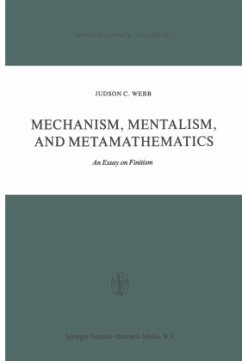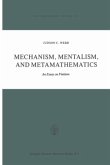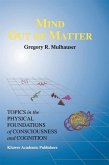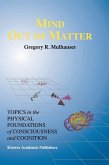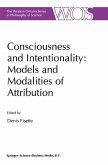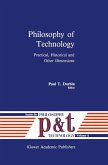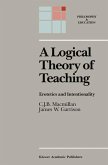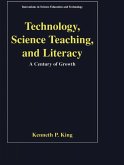This book grew out of a graduate student paper [261] in which I set down some criticisms of J. R. Lucas' attempt to refute mechanism by means of G6del's theorem. I had made several such abortive attempts myself and had become familiar with their pitfalls, and especially with the double edged nature of incompleteness arguments. My original idea was to model the refutation of mechanism on the almost universally accepted G6delian refutation of Hilbert's formalism, but I kept getting stuck on questions of mathematical philosophy which I found myself having to beg. A thorough study of the foundational works of Hilbert and Bernays finally convinced me that I had all too naively and uncritically bought this refutation of formalism. I did indeed discover points of surprisingly close contact between formalism and mechanism, but also that it was possible to under mine certain strong arguments against these positions precisely by invok ing G6del's and related work. I also began to realize that the Church Turing thesis itself is the principal bastion protecting mechanism, and that G6del's work was perhaps the best thing that ever happened to both mechanism and formalism. I pushed these lines of argument in my dis sertation with the patient help of my readers, Raymond Nelson and Howard Stein. I would especially like to thank the latter for many valuable criticisms of my dissertation as well as some helpful suggestions for reor ganizing it in the direction of the present book.

